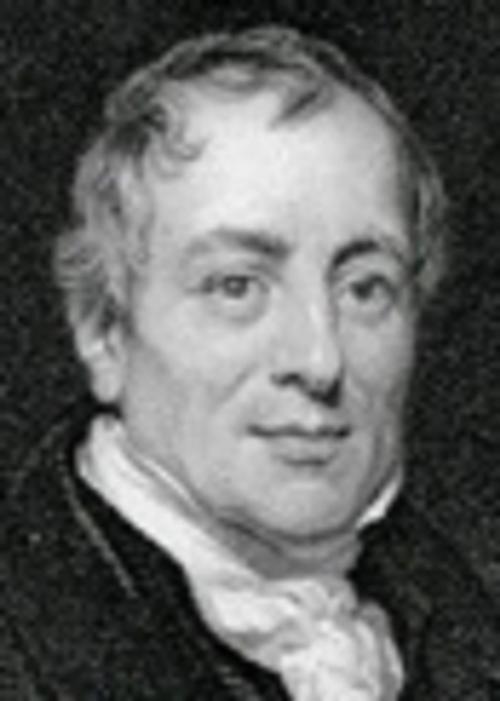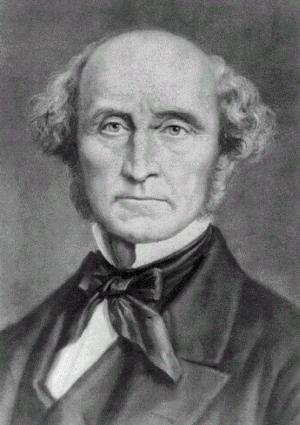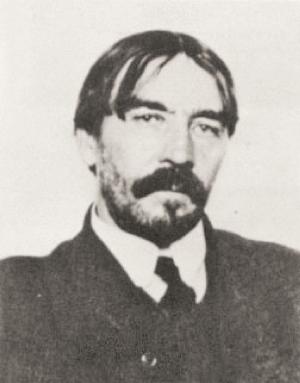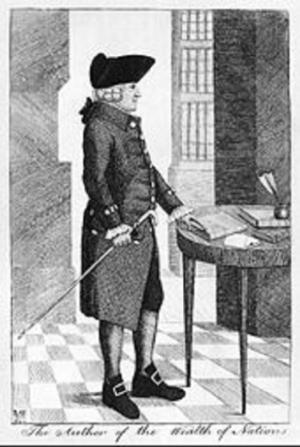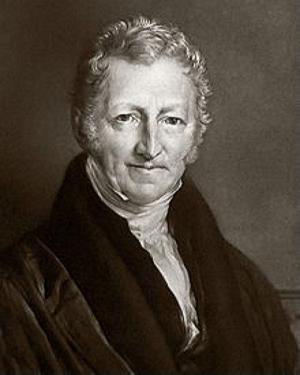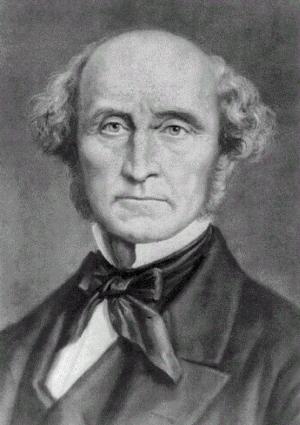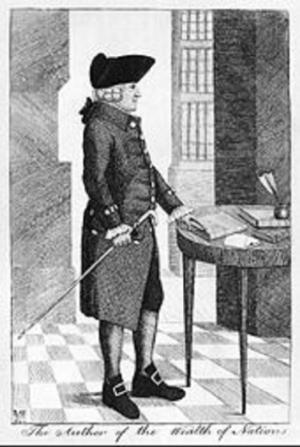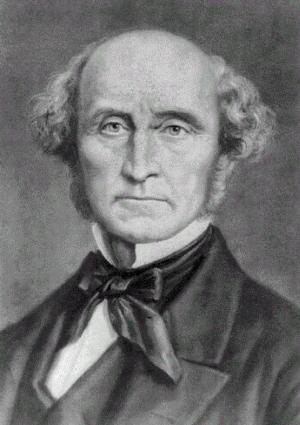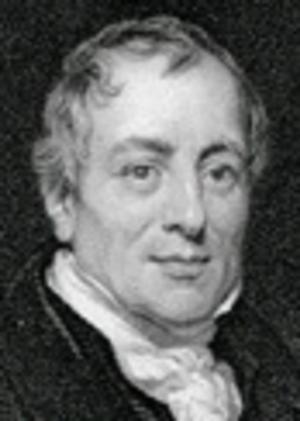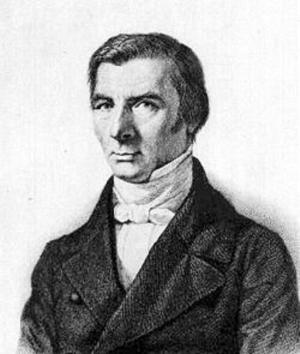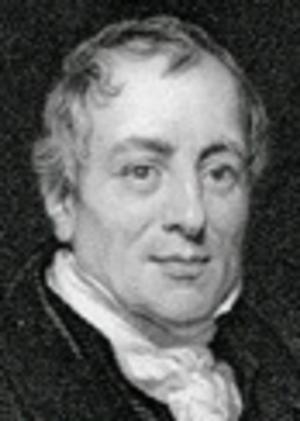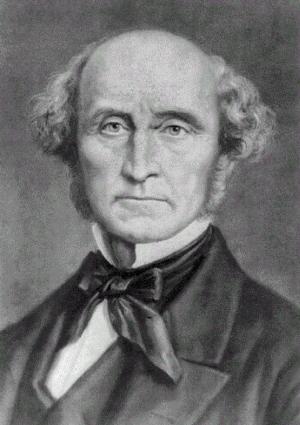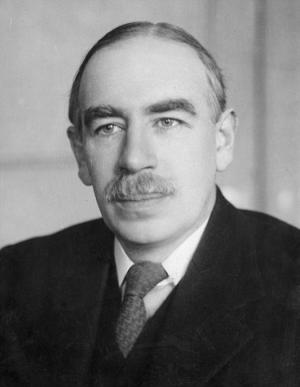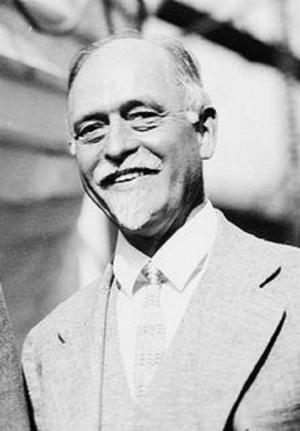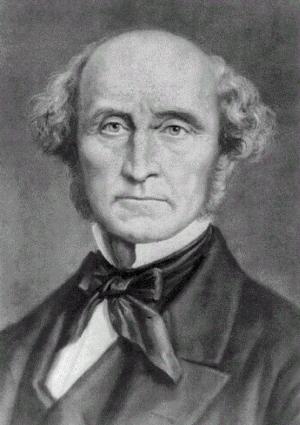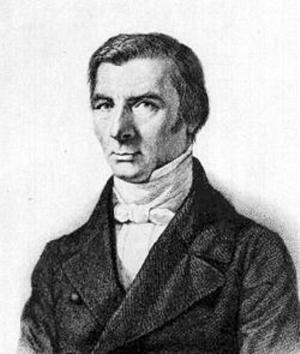Notes on Malthus’s Principles of Political Economy (Illustrated)
Business & Finance, Economics, Macroeconomics, Theory of Economics| Author: | David Ricardo | ISBN: | 1230000273567 |
| Publisher: | AS Team | Publication: | October 12, 2014 |
| Imprint: | Language: | English |
| Author: | David Ricardo |
| ISBN: | 1230000273567 |
| Publisher: | AS Team |
| Publication: | October 12, 2014 |
| Imprint: | |
| Language: | English |
The book has an active table of contents for easy access to each chapter.
David Ricardo made essential contributions to classical economics and has been called the most influential classical economist along with Adam Smith, Thomas Malthus, and John Stuart Mill.
Malthus founded the population theory of classic economics. He said that population will increase in an exponential way. On the other hand, food supply can only increase to a certain point due to the limitation of land productivity and other factors.
Are Malthus's ideas totally irrelevant today? Not at all. The fact remains that the world population keeps increasing, and will keep increasing. What is the solution?
From their first meeting in 1811, there was little of that in political economy Malthus and Ricardo agreed on.
Regarding the Corn Law in 1815, Ricardo and Malthus were on opposite sides of the free-trade issue. Ricardo viewed rent as a socially unnecessary payment at the expense of profits and therefore argued vigorously in favor of free trade.
However, Malthus argued that higher corn prices were in the interests of the workers since the workers' purchasing power was closely tied to the price of corn. Malthus took the opposite stand and argued in favor of the Corn Law.
Malthus and Ricardo also disagreed on economic method. Ricardo treated costs as the determinant of value where a single variable, labor, became the only significant one. Malthus insisted on incorporating Ricardo's cost analysis into a supply-and-demand framework. Malthus’s approach to address value question was two aspects. The first was an explanation of exchange value; the second, an explanation of the measure of value.
In addition to the disagreements, Ricardo and Malthus do share the same view about population. Ricardo also said the same thing about the population as Malthus that population kept expanding, eventually there was not enough food to go around, and economic growth would stop. Together they led to economics being called "the dismal science."
Ricardo’s work also influenced Henry George, one of the great American economists. Henry George pioneered property tax concept through his book Progress and Poverty and influenced the profits of millions of American people.
This is a must-read book for people who are also interested in the deepest thoughts and views about Malthus theories and the core economic subjects such as value, profit, wages, and prices by David Ricardo, one of the greatest thinkers on the planet.
The book has an active table of contents for easy access to each chapter.
David Ricardo made essential contributions to classical economics and has been called the most influential classical economist along with Adam Smith, Thomas Malthus, and John Stuart Mill.
Malthus founded the population theory of classic economics. He said that population will increase in an exponential way. On the other hand, food supply can only increase to a certain point due to the limitation of land productivity and other factors.
Are Malthus's ideas totally irrelevant today? Not at all. The fact remains that the world population keeps increasing, and will keep increasing. What is the solution?
From their first meeting in 1811, there was little of that in political economy Malthus and Ricardo agreed on.
Regarding the Corn Law in 1815, Ricardo and Malthus were on opposite sides of the free-trade issue. Ricardo viewed rent as a socially unnecessary payment at the expense of profits and therefore argued vigorously in favor of free trade.
However, Malthus argued that higher corn prices were in the interests of the workers since the workers' purchasing power was closely tied to the price of corn. Malthus took the opposite stand and argued in favor of the Corn Law.
Malthus and Ricardo also disagreed on economic method. Ricardo treated costs as the determinant of value where a single variable, labor, became the only significant one. Malthus insisted on incorporating Ricardo's cost analysis into a supply-and-demand framework. Malthus’s approach to address value question was two aspects. The first was an explanation of exchange value; the second, an explanation of the measure of value.
In addition to the disagreements, Ricardo and Malthus do share the same view about population. Ricardo also said the same thing about the population as Malthus that population kept expanding, eventually there was not enough food to go around, and economic growth would stop. Together they led to economics being called "the dismal science."
Ricardo’s work also influenced Henry George, one of the great American economists. Henry George pioneered property tax concept through his book Progress and Poverty and influenced the profits of millions of American people.
This is a must-read book for people who are also interested in the deepest thoughts and views about Malthus theories and the core economic subjects such as value, profit, wages, and prices by David Ricardo, one of the greatest thinkers on the planet.
